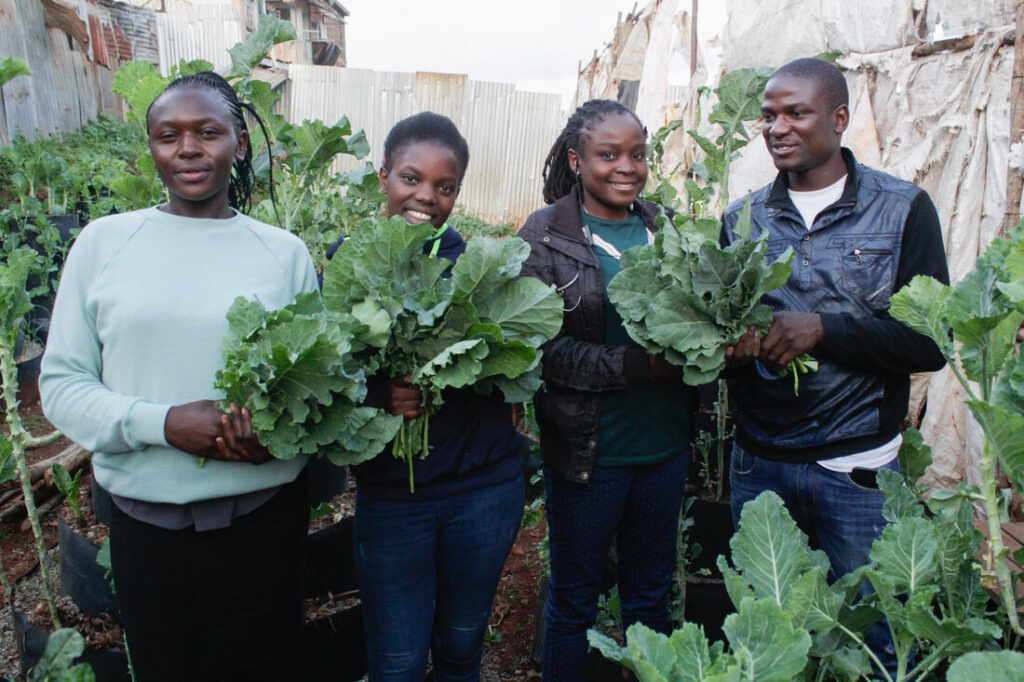In a world that feels like it’s always in a rush, picking up a new skill or hobby might seem like a luxury we can’t afford. But learning something new doesn’t just add a line to your resume or offer a fun way to spend weekends—it can be a powerful tool for improving mental health, building self-confidence, and even preventing cognitive decline. So, whether you’re 25 or 65, here’s why trying something new might be one of the best things you can do for yourself, and how to start.
How Learning Affects the Brain
Learning lights up our brains in fascinating ways. Every time we tackle a new skill or dive into unfamiliar territory, our brain forms new neural pathways. These pathways make us sharper, more adaptable, and resilient over time. According to neuroscience, engaging in continuous learning can actually slow the brain’s aging process by keeping it active. When we challenge our brains with new activities, we keep our cognitive functions sharp—essentially training our brains to stay flexible and quick.
What’s more, learning new things triggers the release of dopamine, the “feel-good” neurotransmitter. This means that even the small victories, like mastering a new dance step or finally nailing that complicated recipe, give us a little mood boost. And those moments of triumph add up, giving us a greater sense of purpose and achievement over time.
The Link Between Learning and Mental Health
There’s growing evidence that learning something new can be a strong antidote to stress, anxiety, and even depression. When we’re caught up in the daily grind, we tend to fall into mental ruts, repeating the same thoughts and habits. Learning gives us a chance to break free from that rut. It shifts our focus, giving our brains something exciting to latch onto and interrupting those cycles of negative thinking.
Learning also builds confidence. As you progress in a new skill, even in small ways, you’ll feel a renewed sense of self-worth. And because many hobbies—like painting, writing, or even learning a new language—require focus, they often double as forms of mindfulness. When we’re fully engaged in learning, we’re living in the moment, which is great for calming the mind and relieving stress.
Tips for Getting Started
1. Choose Something You’ve Always Been Curious About: This is key. Whether it’s cooking, gardening, or coding, starting with something that genuinely sparks your interest will help keep you motivated.
2. Take Baby Steps: Rome wasn’t built in a day, and neither is any new skill. Avoid the urge to overcommit at first. Set aside just 15-30 minutes each day for learning—this keeps it manageable and prevents burnout.
3. Look for Low-Stakes Opportunities: Don’t put too much pressure on yourself to be perfect. It’s okay to be a beginner! Online classes, free YouTube tutorials, or even local workshops can be great ways to start without feeling intimidated.
4. Make It Social: If possible, join a group or club where others are learning the same thing. Studies show that learning alongside others boosts our motivation and helps us feel more connected.
5. Celebrate Small Wins: Did you learn a new phrase in French or knit your first row without tangling the yarn? Celebrate it! Small victories keep you encouraged and help you see progress.
The Long-Term Benefits of Learning New Things
Beyond the immediate mental health benefits, taking on new challenges can help with brain health over the long term. Studies show that lifelong learning can reduce the risk of age-related cognitive decline, like dementia. Essentially, keeping your mind active is like a gym workout for your brain—it’s all about strengthening those “muscles” that you’ll need later in life.
But aside from brain health, learning can transform how you see yourself. Over time, you’ll develop a sense of pride and satisfaction that’s hard to replicate elsewhere. You might discover hidden talents or even make new friends along the way. This process of growth, even in small ways, reminds us that we’re constantly evolving—and that’s something truly empowering.
In Summary
Learning something new is more than just a hobby; it’s a path to mental wellness, personal growth, and long-term brain health. Whether it’s picking up a new skill or exploring a passion you’ve set aside, the benefits of learning go far beyond just having fun. So, give yourself permission to be a beginner. It’s never too late to start something new, and every step forward is a victory worth celebrating. In a world that’s always moving fast, take a little time to invest in yourself—you’re worth it.









